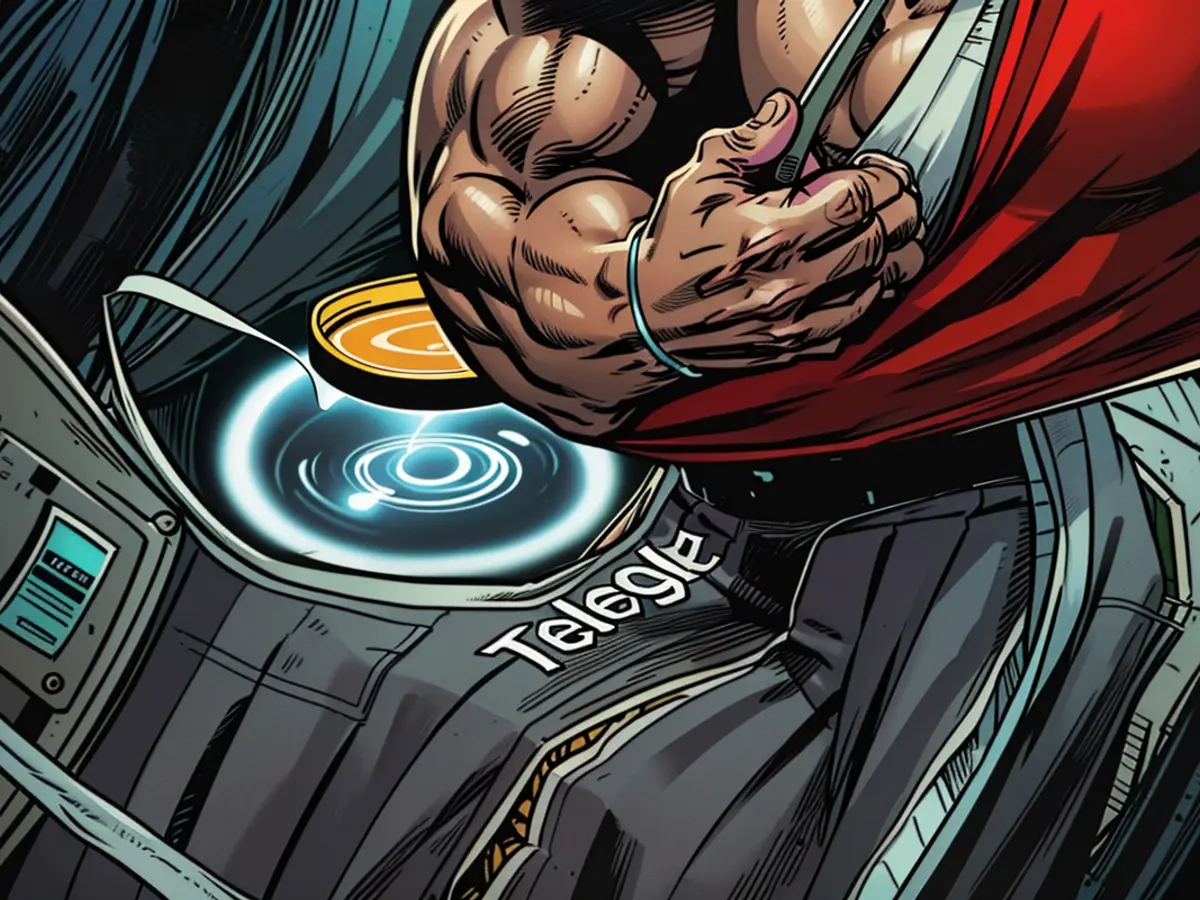El desprecio inicial de Israel por el supuesto acuerdo de tregua mediado por Estados Unidos en el Líbano fomenta la ambigüedad
En una rápida interacción con los medios de comunicación poco después del lanzamiento de una declaración conjunta, figuras gubernamentales destacadas felicitaron la propuesta como un avance sustancial. Esta propuesta implicaba un alto de tres semanas en los hostilidades, que los países propusieron, asegurando tiempo suficiente para la diplomacia y potentially evitando un conflicto total entre Israel y Hezbolá.
Estas autoridades dejaron claro que la cuestión no era si Israel y Hezbolá aceptarían el acuerdo de alto el fuego, sino cuándo. Ambos partidos estaban familiarizados con los términos y los EE. UU. se sintió seguro en desvelar el marco, con la suposición de que ambas partes estaban inclinadas a respaldarlo.
Sin embargo, solo unas pocas horas después, el primer ministro de Israel, Benjamin Netanyahu, echó agua fría al plan internacional de alto el fuego. Al principio, la oficina del primer ministro negó cualquier informe inminente de alto el fuego como "inexacto", afirmando que el IDF continuaría con sus operaciones con toda su fuerza.
Más tarde, el primer ministro Netanyahu se dirigió a los medios de comunicación tras su llegada a la ciudad de Nueva York, afirmando su posición: "Nuestra política, nuestra misión, sigue firme: continuaremos golpeando a Hezbolá implacablemente. No cesaremos hasta que hayamos cumplido todos nuestros objetivos".
Aun después de 24 horas desde que la Casa Blanca anunció la propuesta de alto el fuego, ni Israel ni Hezbolá demostraron ninguna disposición a comprometerse con ella. La respuesta de Israel no estaba en línea con las expectativas de la Casa Blanca, lo que suscitó preocupaciones inmediatas sobre por qué Israel, aparentemente a favor del plan, lo negaría con tanta fuerza.
Se rumoreaba en Washington que la oposición interna podría influir en la postura de Netanyahu, ya que ciertos ministros israelíes de derecha denunciaron el alto el fuego respaldado por EE. UU.
Una fuente de EE. UU. que afirmaba que el gobierno israelí estaba influenciado por la reacción negativa de la oposición interna al plan expresó su decepción, stating that the US would not have publicized such optimism if there weren't strong private assurances from the Israelis that they were prepared to comply with the framework.
The source expressed doubt that negotiations would wrap up soon, emphasizing the anticipated lengthy process. And until Israel makes its intentions public, Hezbollah won't experience any pressure to either.
The confidence in announcing the proposal sourced from the US dealing with Ron Dermer, one of Netanyahu's confidants, in drafting the statement's text. Talks on the truce initiated with a conversation on Monday between Dermer and Biden's national security advisor, Jake Sullivan.
Speaking on Thursday, French President Emmanuel Macron viewed rejected the ceasefire as a mistake, but emphasized that the US needed to strengthen pressure on Israel to comply with the terms.
Netanyahu's apparent U-turn amounted to a significant setback, but for some officials, it underscored a reality that had been a fact for months: Netanyahu's inclination to publicly and openly contradict Biden, especially when confronted with internal opposition within Israel.
Initial reactions pointed to the harsh reception to the plan from right-wing Israeli ministers, whom Netanyahu relies upon to maintain his governing coalition.
Absent any definite answers, White House officials were inundated with press inquiries throughout Thursday, with no clear responses.
White House press secretary Karine Jean-Pierre claimed the multi-nation statement was "indeed coordinated with the Israeli side." Discussions between negotiating parties in New York were "still ongoing," she continued, but failed to explain why Netanyahu and his office appeared indifferent to agreeing to the temporary ceasefire.
White House spokesman John Kirby acknowledged, albeit reluctantly, that he had no viable explanation for Netanyahu's comments. "I cannot speak for Prime Minister Netanyahu, I cannot explain his rationale," he told reporters.
"What I can tell you is that the statement we drafted last night was not crafted in a vacuum," Kirby added. "It was done after meticulous consultation, not only with the signatories of the pact, but also Israel."
Kirby admitted that the plan would not have been disclosed on Wednesday night if the US had not believed Netanyahu and his government were on board.
For the time being, administration officials continue to assert that discussions are ongoing and expressed hope that announcements could come within hours. Secretary of State Antony Blinken held top-level talks with Israeli officials in New York on Thursday afternoon.
Dermer and Israeli Ambassador Michael Herzog were evasive when asked by CNN preceding that meeting if they would endorse the ceasefire agreement between Israel and Hezbollah.
Dermer quipped that "less is more" when speaking from a diplomatic standpoint, and pointed out that their day of meetings was merely getting started.
The whispers of domestic politics in Washington suggested that domestic opposition could influence Netanyahu's stance on the US-supported ceasefire, potentially causing tension between the two nations in the realm of politics. Despite the US believing they had strong private assurances from Israel, the Israeli government's stance on the truce proposal remained firm, leading to a significant setback in the negotiations.
Lea también:
- Se constituye un nuevo grupo parlamentario de derechas en el Parlamento Europeo, sin la AfD
- Indignación por supuestos planes de asesinato contra el CEO de Rheinmetall
- La alianza de derechas de Orban en la UE, a punto de alcanzar la categoría de grupo parlamentario
- USA pidiendo acuerdo de rehenes - advirtiendo palabras a Netanyahu






